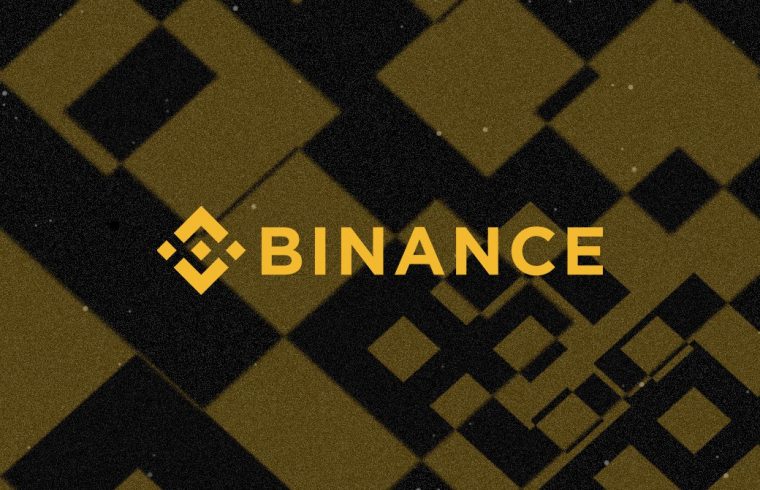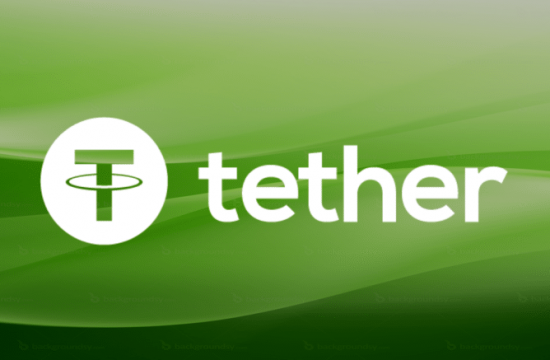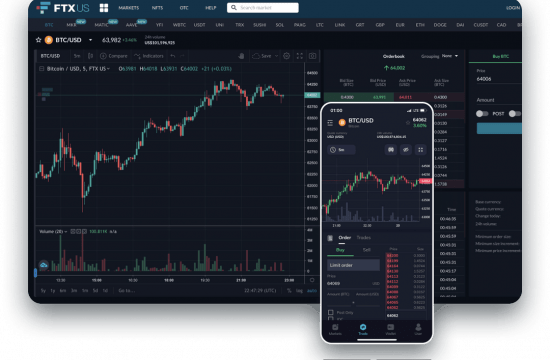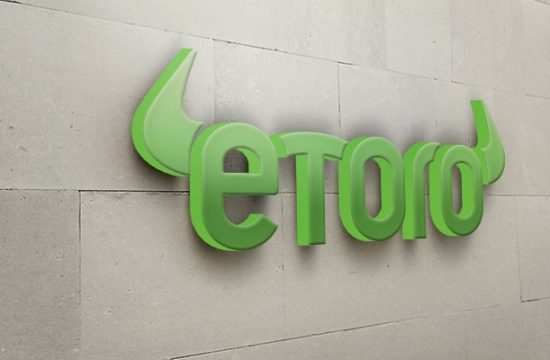Binance Smart Chain, the blockchain network that is owned by Binance and which is looking to challenge the likes of Ethereum and Solana to be the network of choice, is actively mulling a proposal to adopt a gas fee burning mechanism like Ethereum.
This was recently adopted by Ethereum which is one of the reasons why its price has been going up over the last few weeks. The idea is to burn some part of the gas fees so that the supply of the tokens gets progressively lesser which would create a sense of scarcity in the network for ETH which would in turn help to push the prices higher. In a way, this can be considered as a way to create a false sense of scarcity of a token to push the price higher which is likely to benefit a select few but since these are private networks that are controlled by a group of individuals, who decide what needs to be done on the network, not much can be done for this.
Now BSC also wants to replicate the same model and ensure that some part of the gas fees is not given to the validator but burned instead which would create a scarcity of the BNB token in the blockchain network and push its prices higher. The ethics behind this is still up for debate but this is believed to be important for the sustenance of the network in the long run. Though the burning of the tokens within the network is not something new, it now has a hard cap of 100 million BNB tokens beyond which the burn will not happen. So the current BNB holders, especially the larger ones are looking for ways to overcome this hard cap and make the tokens more scarce to increase their price in the long term.
The proposal is still in its infancy but there does not seem to be anything stopping those governing the network to proceed with this change though there are many changes that are likely possible as we go along. It does serve the private holders of the network and the tokens and hence it would not be a surprise if BSC pushes through with these changes which would benefit the BNB token holders but may not set a great example to the rest of the crypto ecosystem, something that Ethereum didn’t care about when it went ahead with its version of these changes.












